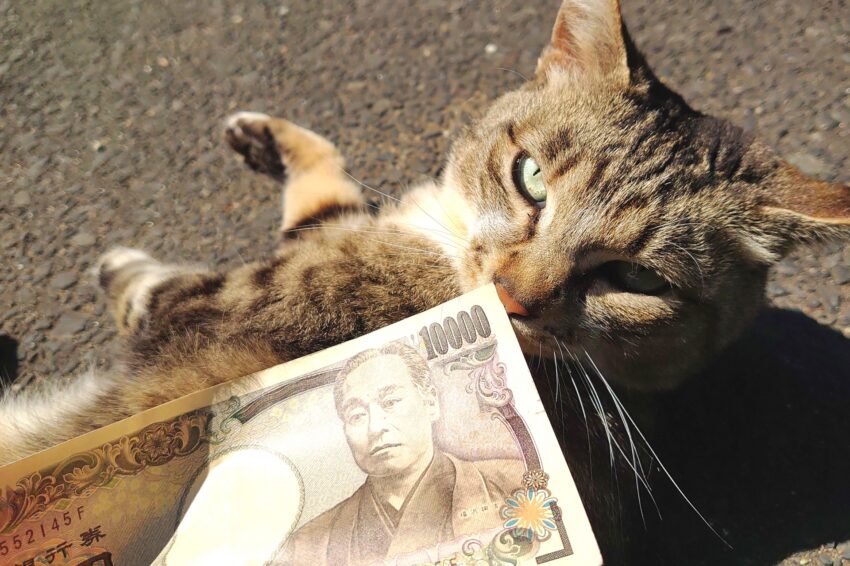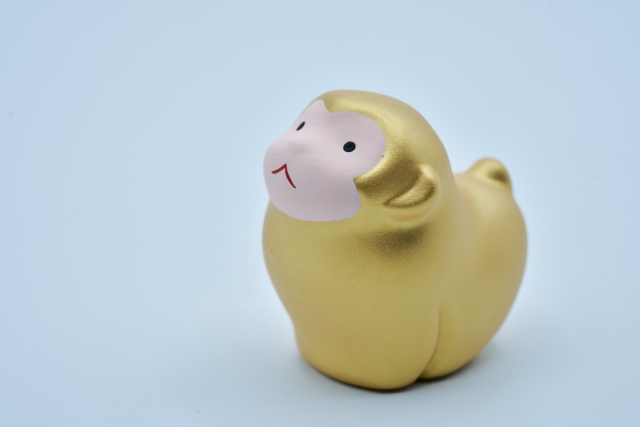Top 10 Japanese Idioms & Proverbs…

…That We Need in English!
To start with, I think it is import to define what the difference between an idiom and an proverb are. Merriam-Webster defines idiom as “an expression in the usage of a language that is peculiar to itself either in having a meaning that cannot be derived from the conjoined meanings of its elements.”
This means simply that it is usually impossible to know or understand what an idiom is from looking at its individual words. For example idioms include “watch out, up in the air, or see red.” It also defines a proverb as “a brief popular epigram or maxim.” Or, expressions often used, in other words.
Anyway, here are 10 Japanese idioms and proverbs so amazing, I think we need to adopt them into English immediately!
見ぬが花 (Minu ga hana)
“Not seeing is a flower.”
What this basically means is that your imagination is infinity better than looking at something. This is one reason some people love books more than movies. No special effects can compare to the power of a person’s imagination. Sure, it might look cool on a screen, but I have to agree with the Japanese on this one.
虎穴に入らずんば虎子を得ず (Koketsu ni irazunba koji o ezu)
“If you do not enter a tiger’s den, you will not catch its cub.”
If you want to catch its cub, that is. The closest expression we have in English is probably “nothing ventured, nothing gained”. The English makes sense, but the Japanese expression is (in my opinion) much, much cooler. If you want to succeed, you have to grab the bull by its horns, strap in, and go for it. Wait, I guess English has quite a few idioms with the same meaning. Still, the Japanese one it pretty cool.
朝飯前 (あさめしまえ) (Asameshi mae)
“It can be done before breakfast.”
The task is so easy it can be accomplished after waking up but before eating breakfast. I believe that this is much simpler and easy to understand than the English equivalents “piece of cake” or “easy as pie.”
酒は本心を表す (Sake wa honshin wo arawasu)
“Sake shows one’s true feelings”
This one is quite simple to understand. A drunk person reveals who they really are on the inside. In English we really have no similar idiom or proverb, so I think this fills a very necessary gap. Some may dispute this proverb, but I think it sums up a poignant point-of-view.
三日坊主 (Mikka bouzu)
“A 3-day monk”
A person who inconsistently performs or often flakes out on doing their assigned tasks. This is the person who quits becoming a monk after only 3 days. This is an unreliable worker or student. In English, there is not really a concise way of describing this type of person. Which is why we need this Japanese idiom in English.
風の便り (Kaze no Tayori)
“A message carried on the wind”
Where did this rumor start? Was it “a little bird told me,” or did you get this information because it was a message on the wind? I like how the ambiguity of this phrase is summed up nicely. When we don’t know who/how/why info got out, is was delivered on the wind.
実る程頭の下がる稲穂かな (Minoru hodo Atama no Aagaru Inaho Kana)
“The mature rice plant lowers its head”
With old age comes wisdom and respect for others. It is interesting, the viewpoint of Japanese culture has towards the aged. It can be a useful expression in English to respect our elders because they (might) have this ability rather than an English “act your age” or “one foot in the grave.” It is about giving and receiving respect.

猿も木から落ちる (Sarumo kikara ochiru)
“Even monkeys fall from trees”
This one is actually pretty well known to those living in Japan. It is part of Japanese life. Basically, it means that no matter how good you are at something, mistakes happen. In English we say “to err is human” or “[expletive] happens”. But I think the imagery of the Japanese proverb is so much prettier.
目に入れても痛くない (Me ni irete mo itakunai)
“Even if you put it in my eye, it wouldn’t hurt”
HUH? So the idioms and proverbs are getting pretty obscure now, which is what makes them so fantastic! So, imagine a child or young animal so incredibly cute that it wouldn’t hurt having it shoved in your eye. OK, I’ll admit that logic left the room awhile ago, but it is soooooo cute. It reminds me of a word I heard a Filipino friend use, “gigil” meaning “so unbearably cute you have to pinch it”. Use this when something is so kawaii, that word no longer does it justice.
喉から手が出る (Nodo kara te ga deru)
“A hand coming out of one’s throat”
Ok, so bear with me while I unpack this idiom. When a person wants something so much, it is like a hand comes out of his/her throat to grab for it. That is so cool and funny! The imagery is fantastic, to desire something so much that an automatic response is for a grabby hand to make its way out of the mouth. This is why “Nodo kara te ga deru” is my number one.
So there you go, 10 phrases in Japanese that fill a void in English. If you have other idioms or proverbs from Japan, and you know where to find me, let me know. I always love learning new things and making my friends laugh with weirdly timed expressions. Enjoy impressing your Japanese friends and co-workers.
Now can you figure out the meaning of 猫に小判?
Photo Credits:
1 – SATOSHINPIさん on PhotoAC
All other content (text) created by the original author and © 2022 MUSUBI by Borderlink
RELATED
-

Learn Japanese “the Easy Way”
Ok, I apologize; I have deceived you. As you might have guessed, there is no quick and easy way to learn Japan… -

Loanwords: Our ‘False Friends’ (Part 1)
Top photo: analogicus on Pixabay MUSUBI presents the first in a two-part essay on one of the most useful but a… -

Overcoming Stumbling Blocks
Top photo: 78designさん on PhotoAC Living in Japan can be challenging, especially for people coming from other p…
PEOPLE

Andrew
Andrew (the author, me) has been in Japan seemingly forever (over 15 years) and always enjoys learning strange things about English and Japanese. He has taught English for almost 20 years, the last 3 with Borderlink.


